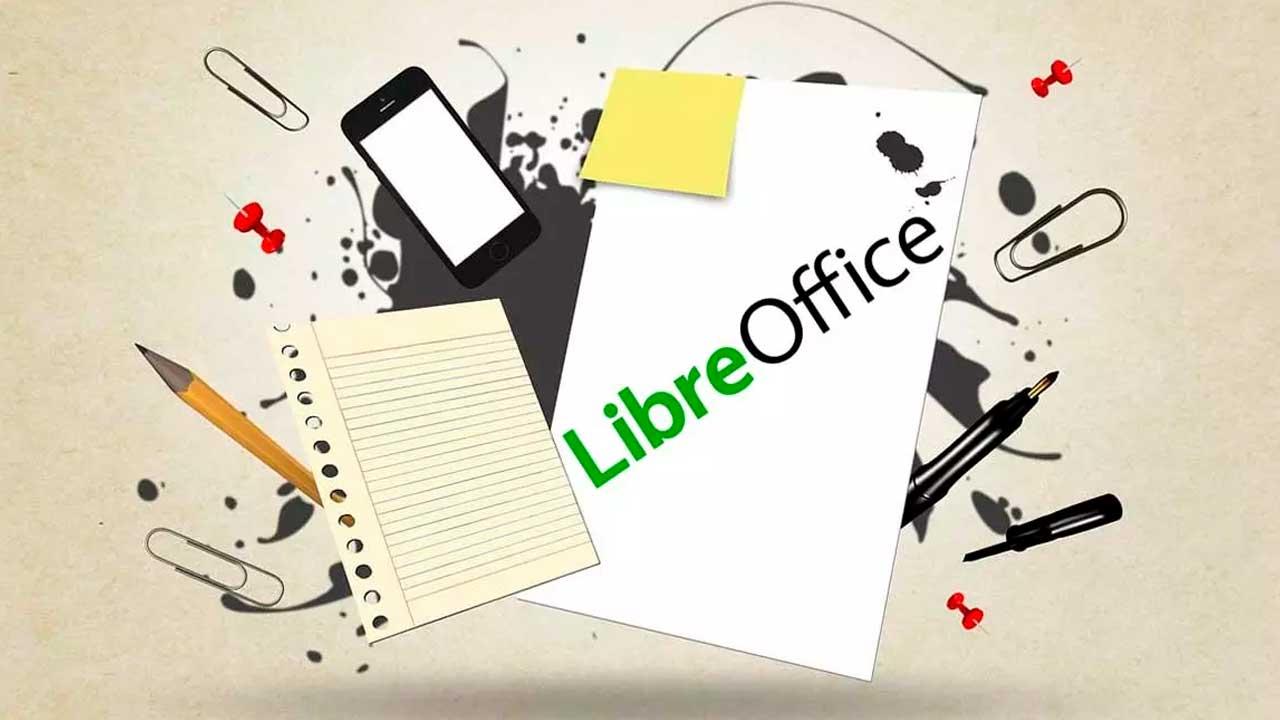Next, we will briefly comment on the difference between expenses, costs and disbursements – comparative table so that you learn to differentiate these business economics terms.
In short, knowing aspects such as income and expenses in financial accounting or costs and disbursements is something basic that every entrepreneur must master.
What is the difference between expenses, costs and disbursements? – Comparative chart
The terms disbursement, expenses and costs are often confused, but they are three different things. Next, we will briefly comment on what each of these common terms for companies is about.
Disbursement
The disbursements refer to the money dedicated for any purpose in a company. In general terms, disbursements are both expenses and costs. In conclusion, any money destined for a purpose in a company will be considered an outlay and this is divided between expenses and costs.
costs
The costs are all the money destined for production, that is, the money that is dedicated for the purpose of developing the product/products that the company makes. In any case, it is very important to have certain considerations to fully understand what costs are.

The costs comprise only the money allocated to production directly. In other words, aspects such as the raw material necessary to create the products are considered here, in the same way, transport is also taken into account, as well as other factors.
Types of costs
-
Fixed costs: Here we find those recurring expenses such as the purchase of raw materials or the payment of rent for premises.
-
Variable costs: refers to variations in production, for example, the purchase of new raw material or variations in the prices of the raw material that is acquired. It is in this type of disbursement that it is analyzed why the costs of raw materials and production increase.
Bills
On the other hand, although expenses are also related to money destined for production, their position is less direct, mainly focused on administrative issues. Expenses also include money related to production, for example, in this section salaries are taken into account.
In any case, the money used to pay for company services is also considered as expenses. In addition, all that money that is dedicated to the correct development of the company will be considered as an expense.
Types of expenses
-
Fixed expenses: Fixed expenses are directly related to the money necessary for the development of the company. Here we will find the services (electrical service, water, etc.), aspects such as cleaning and maintenance of premises are also contemplated.
-
Variable expenses: Variable expenses are those unpredictable expenses that may occur. For example, maintenance for a machine breakdown could be considered a variable expense.

All of the above are important aspects for the management and accounting of petty cash in internal control, but if you still have doubts, it is better that you know the differences between cost and expense.
Difference Between Cost and Expense
There is usually great confusion between expenses and costs, but there are slight differences with which it is easier to discern between each one.
- The costs when intervening directly with the production expenses, entail being that money invested directly to obtain income. On the other hand, the expenses come to be all those disbursements related to the company, but that do not contemplate a direct income.
- Another huge difference in accounting between expenses and costs is that while costs are considered assets of the company, expenses are just that, expenses.
- The money available for expenses has purposes directly related to the administration of the company. Meanwhile, costs refer to money spent on production.
- As a unitary aspect of these factors, it is fair to point out that both expenses and costs are disbursements.
Clearly all of the above focuses on the business world, certainly from these economic aspects we can learn a lot for daily life. In fact, using some of the best apps for personal expense tracking and other everyday life options will help you better understand your business needs.














